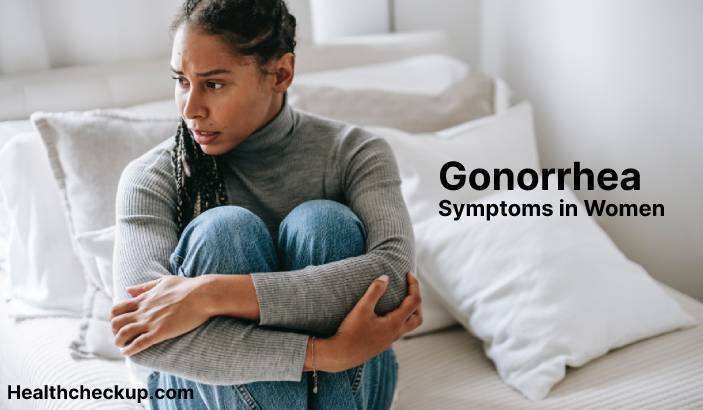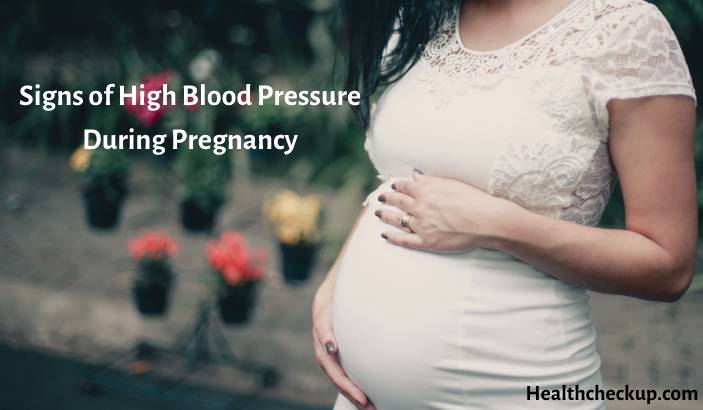Low potassium, also known as hypokalemia, can have a range of symptoms that affect various systems in the body. Potassium is an essential mineral that plays a crucial role in muscle function, nerve transmission, and fluid balance. In females, low potassium levels can lead to a variety of symptoms that impact overall health and well-being. In this article, we’ll explore the symptoms of low potassium in females and discuss the importance of maintaining adequate potassium levels for optimal health.
Symptoms of Low Potassium in Females
Below is a comprehensive list of symptoms commonly associated with low potassium levels in females:
| System | Symptoms |
| Muscular | Weakness or fatigue |
| Muscle cramps or spasms | |
| Muscle stiffness | |
| Tremors or shaking | |
| Paralysis or paralysis-like symptoms | |
| Cardiovascular | Irregular heartbeat (arrhythmia) |
| Palpitations | |
| Low blood pressure (hypotension) | |
| Gastrointestinal | Nausea or vomiting |
| Abdominal cramping or pain | |
| Constipation or bloating | |
| Diarrhea | |
| Neurological | Confusion or mental fog |
| Dizziness or lightheadedness | |
| Headaches | |
| Numbness or tingling in extremities | |
| Seizures or convulsions | |
| Renal | Increased urination (polyuria) |
| Excessive thirst (polydipsia) | |
| Kidney stones | |
| Others | Difficulty breathing or shortness of breath |
| Fatigue or weakness | |
| Electrolyte imbalance (e.g., low sodium) |
Importance of Potassium in Females
Potassium plays a vital role in maintaining overall health and well-being, particularly in females. Adequate potassium levels are essential for:
- Muscle Function: Potassium helps regulate muscle contractions, including those of the heart and skeletal muscles.
- Nerve Transmission: Potassium is involved in nerve impulse transmission, supporting proper communication between nerve cells.
- Fluid Balance: Potassium helps maintain the body’s fluid balance by regulating the movement of fluids in and out of cells.
- Blood Pressure Regulation: Potassium helps counteract the effects of sodium, helping to lower blood pressure and reduce the risk of hypertension.
- Bone Health: Potassium helps support bone health by reducing the risk of calcium loss and osteoporosis.
Causes of Low Potassium in Females
Several factors can contribute to low potassium levels in females, including:
- Dietary Deficiency: Inadequate intake of potassium-rich foods such as fruits, vegetables, and legumes.
- Excessive Losses: Increased loss of potassium due to vomiting, diarrhea, excessive sweating, or the use of certain medications.
- Medical Conditions: Certain medical conditions such as kidney disease, diabetes, gastrointestinal disorders, or hormonal imbalances can affect potassium levels.
- Medications: Some medications, including diuretics, laxatives, corticosteroids, and certain antibiotics, can cause potassium loss.
- Eating Disorders: Conditions such as bulimia nervosa or anorexia nervosa can lead to electrolyte imbalances, including low potassium levels.
Treatment of Low Potassium in Females
Treatment for low potassium levels in women typically involves increasing potassium intake through dietary changes or supplements. Potassium-rich foods include bananas, oranges, potatoes, spinach, avocado, and yogurt. In severe cases, intravenous potassium is administered under medical supervision. It’s essential to work with a healthcare professional to determine the underlying cause of low potassium and develop an appropriate treatment plan.
Summary
Low potassium levels can lead to a variety of symptoms that can impact overall health and well-being in females. By consuming a balanced diet rich in potassium-containing foods and addressing any underlying medical conditions, females can ensure adequate potassium levels and support their overall health and well-being.
I specialize in writing about health, medical conditions, and healthcare, drawing extensively from scientific research. Over the course of my career, I have published widely on topics related to health, medicine, and education. My work has appeared in leading blogs and editorial columns.









